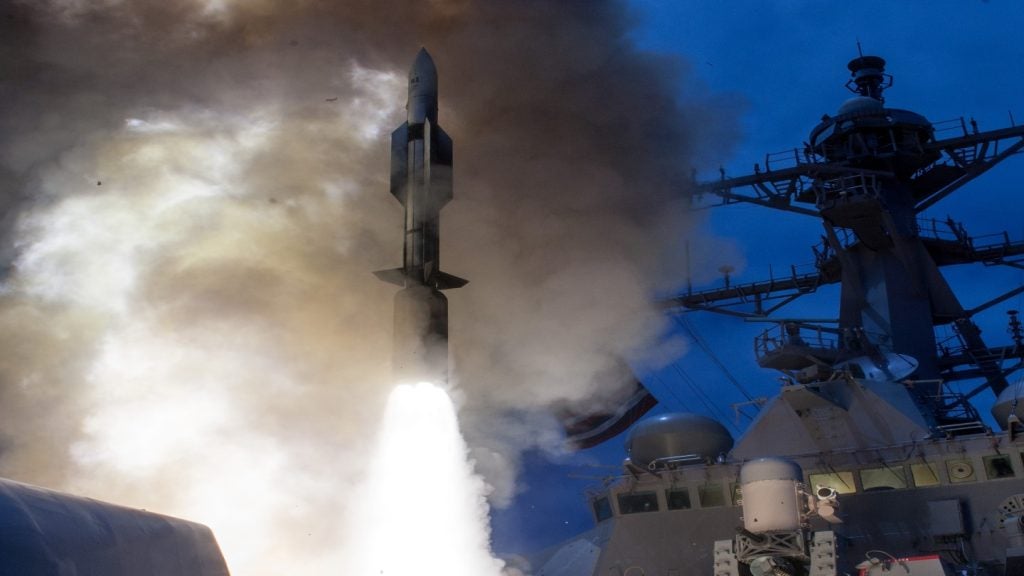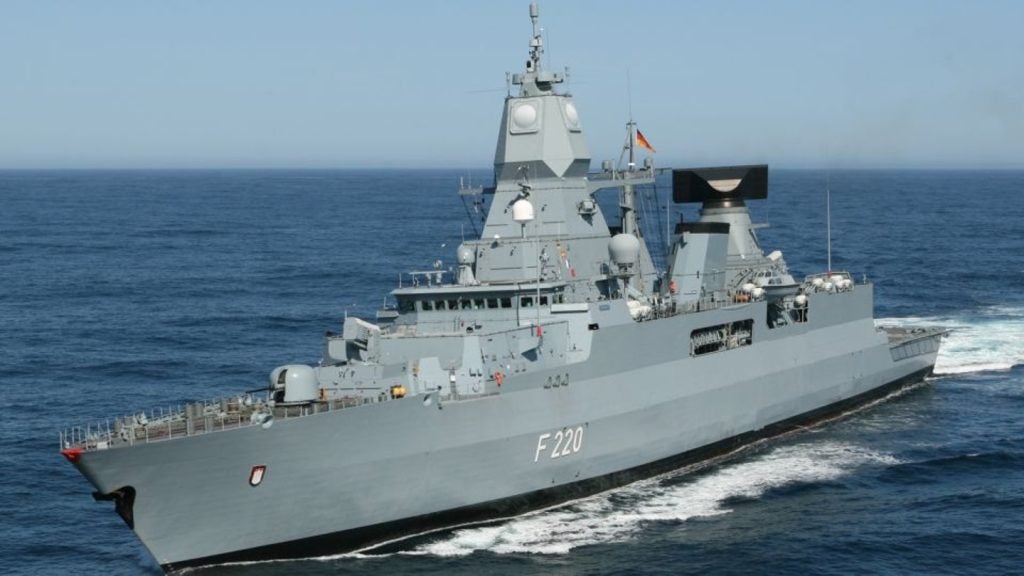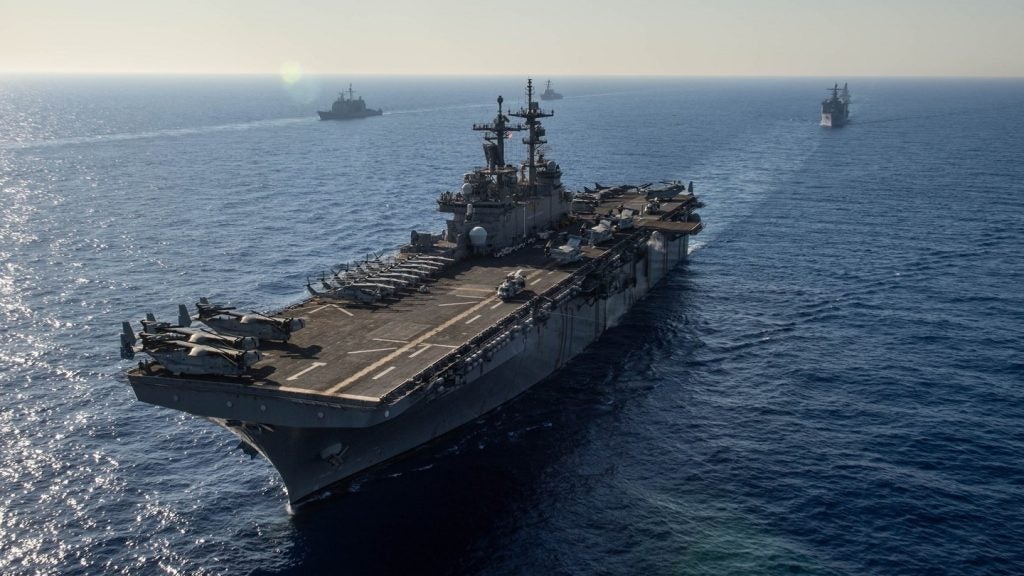
The UK Ministry of Defence has awarded a contract to Thales to design and produce future anti-surface guided weapons (light) (FASGW(L)) missiles for integration into the Royal Navy’s new Agusta Westland’s AW159 Wildcat maritime attack helicopters.
The latest FASGW(L) contract follows an earlier deal signed with MBDA for the provision of joint UK / France FASGW (Heavy) capability, which will also be integrated into the Wildcat to protect against larger targets.
Collectively, both of the new weapons are aimed at replacing the helicopter’s existing Sea Skua missile.
Thales weapons director Laurence Bryant said: "This contract is the result of a great deal of hard work between MOD and Thales and brings us a step closer to providing the Royal Navy with a highly sophisticated weapons system for the future."
The £48m contract involves development, qualification and integration of the FASGW(L) system, which integrates a five barrel launcher and a laser guidance system, as well as to offer deployable test equipment.
Integrating Thales’s versatile precision strike lightweight multirole missile (LMM), the new FASGW(L) capability would offer the Royal Navy with a versatile, rapidly-deployable and highly-effective capability to overcome the threat from small ships and inshore attack craft.
Thales UK CEO Victor Chavez said the FASGW(L) contract will deliver a leading-edge weapons capability to the Royal Navy to defeat conventional and asymmetric threats.
"Thales’s LMM is the first lightweight missile in the world to be designed to integrate onto tactical air, land and naval platforms and there is much global interest in the capabilities it can deliver," Chavez said.
Image: Artistic compilation of a Wildcat helicopter fitted with the new missiles. Photo: courtesy of UK MoD.









